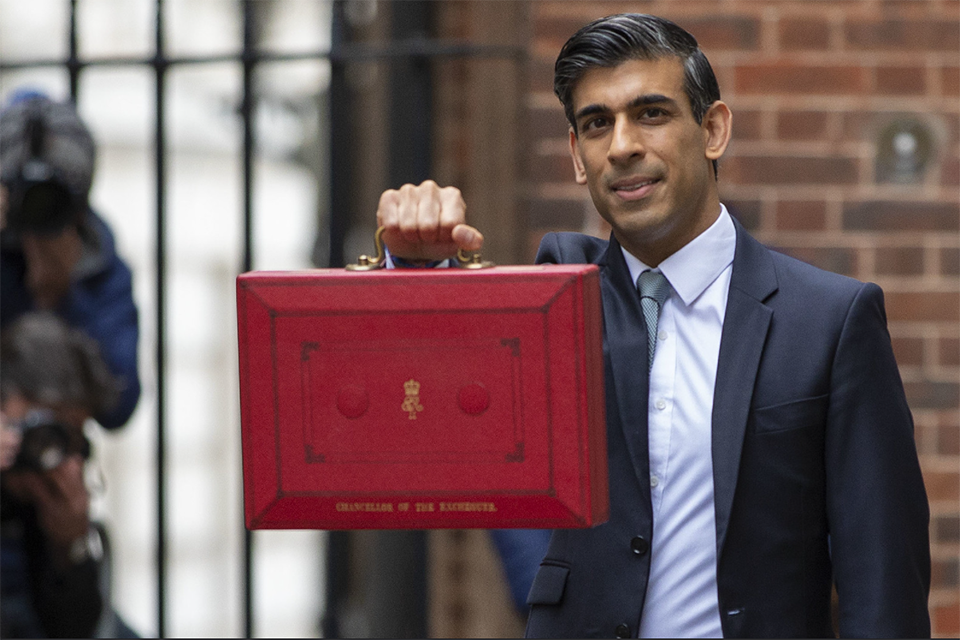In the Autumn Budget and Spending Review, Chancellor Rishi Sunak has announced a new exemption for green technologies to support decarbonisation of non-domestic buildings.
The Budget notes that since March 2021 the government has committed a total of £30 billion of public investment for a green industrial revolution in the UK, designed to support the priorities listed in 2020’s Ten Point Plan.
It continues to announce £620 million in funding for the Transport Decarbonisation Plan, unveiled by the government in July. Delivered over the next three years, this will support the transition to electric vehicles, along with encouraging more walking and cycling.
To decarbonise buildings, the Budget confirms £3.9 billion of investment, which it announced as part of the Heat and Buildings Strategy earlier this month. This will include £1.8 billion to support low-income households to make the transition as well as help to reduce their energy bills.
“Across the transition, the government’s priority is to ensure that changes are inclusive, fair, and sustainable for all, and work with the grain of consumer choice: no one will be required to rip out their existing boiler or scrap their current car,” notes the red box.
To further decarbonisation of non-domestic decarbonisation, green technologies including solar PV are now exempt from business rates, along with relief available in England.
This follows calls from energy industry organisations to change VAT levels for technologies such as solar PV, heat pumps and domestic batteries.
The government reaffirmed its £380 million worth of funding for the offshore wind sector detailed in the Net Zero Strategy previously, which will boost jobs and investment cross the UK. In particular, offshore wind ports in Teesside and the Humber are set to benefit.
In his speech to the House of Commons today, Sunak noted that “on Monday, the new UK Infrastructure Bank announced its first ever investment: £107m to support offshore wind in Teesside.” This further bolsters the UK’s offshore wind sector.
Funding was confirmed for other generation sources in the form of nuclear, with £1.7 billion available to enable a final investment decision for a large-scale nuclear project during the current Parliament. The government remains in active negotiations with EDF over its potential second new build site Sizewell C, which would follow on from the nation’s only new nuclear site Hinkley Point C.
The Budget confirmed the £1 billion for carbon capture usage and storage (CCUS), with the Hynet and East Coast clusters the first to benefit. An additional £140 million will be available to support hydrogen producers, as well as the adoption of CCUS in heavy industry as part of its previously announced e Industrial Decarbonisation and Hydrogen Revenue Support scheme.
“Taken together, this spending package, along with bold action on regulation and green finance, will keep the UK on track for its carbon budgets and 2030 Nationally Determined Contribution, and support the pathway to net zero by 2050. It does so in a way that creates green jobs across the country, attracts investment, and ensures energy security.”





